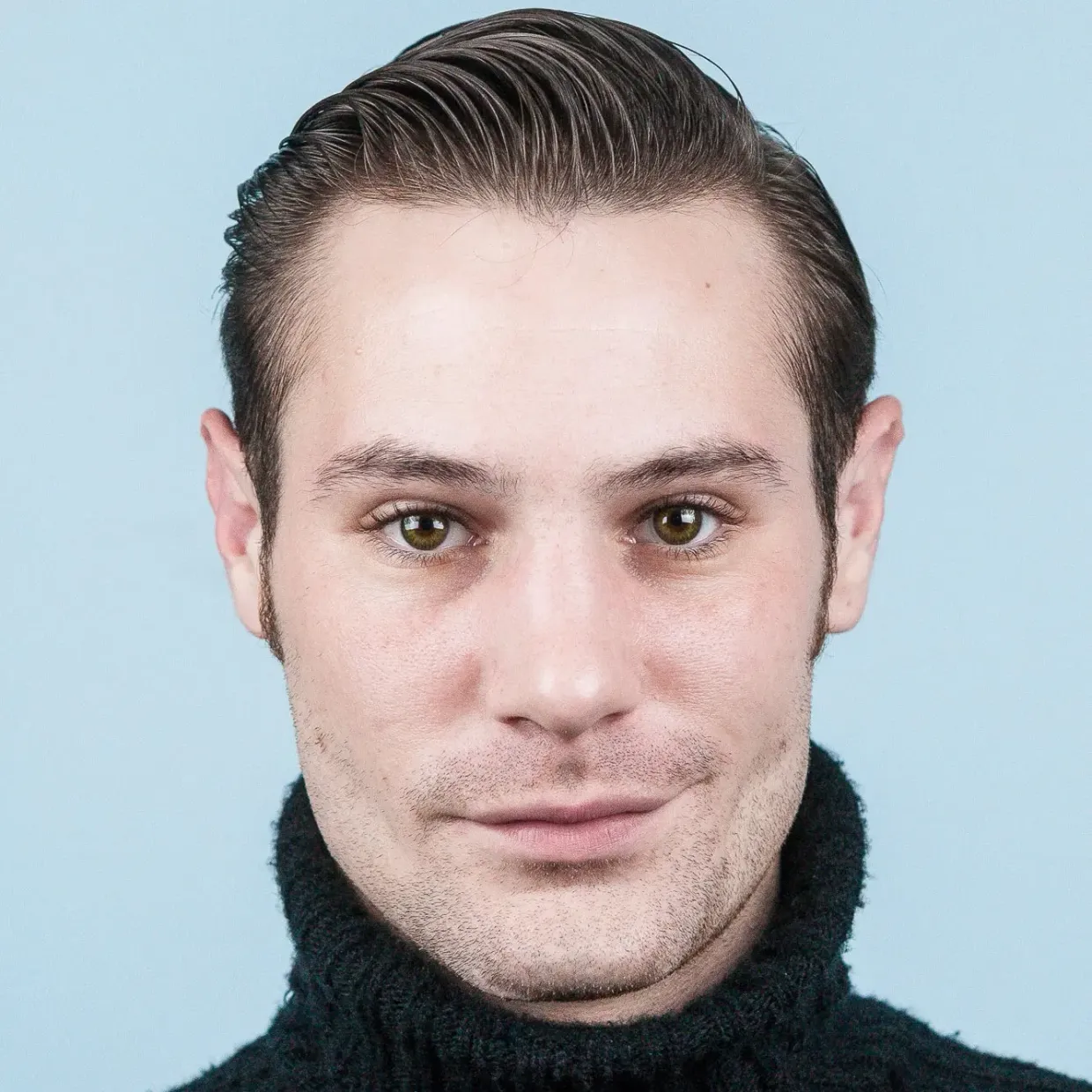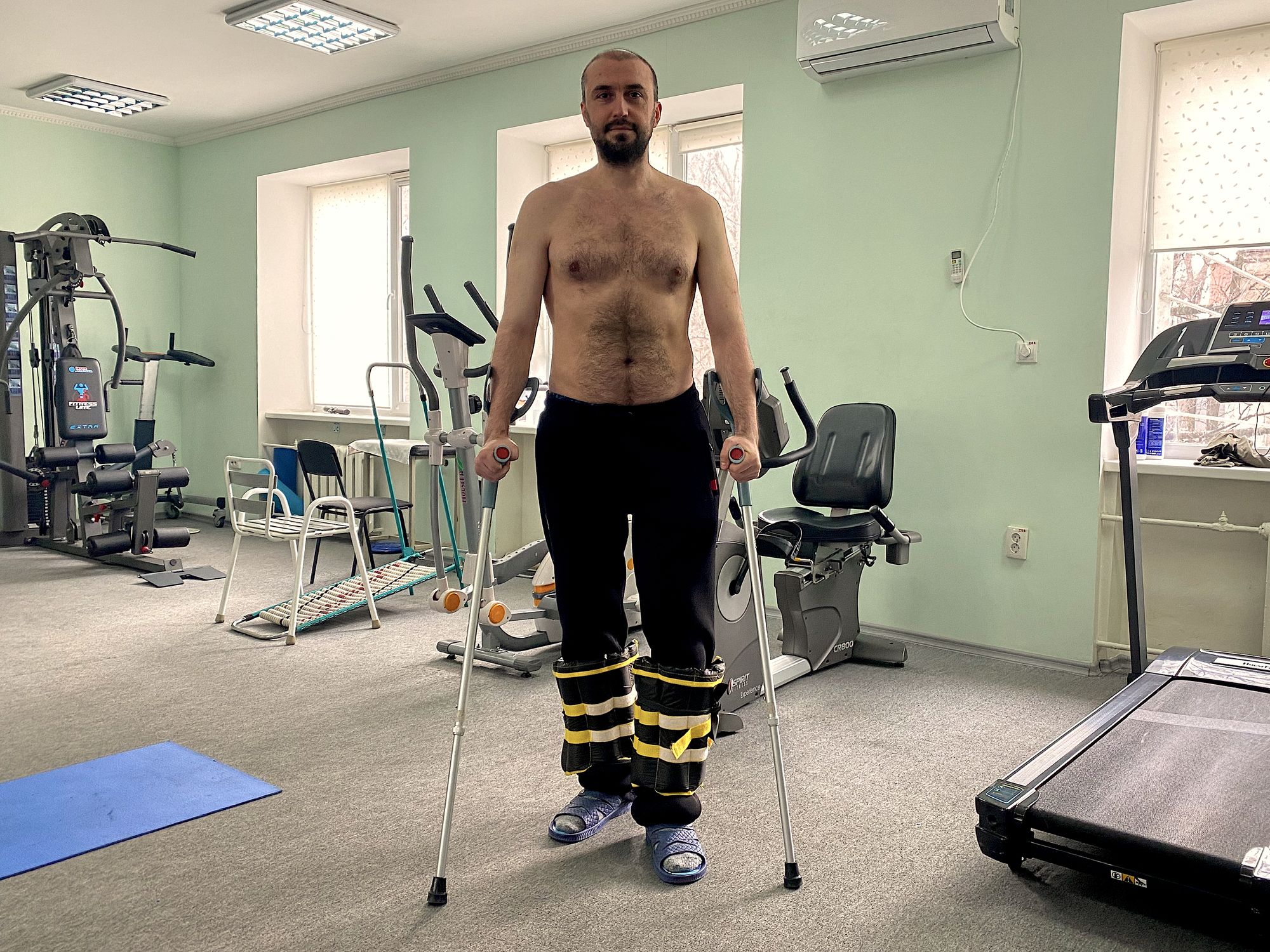Editor's Note: Some soldiers declined to give their last names to the Kyiv Independent for safety reasons as they plan to return to fight on the front line once their rehabilitation is over.
ZAPORIZHZHIA – Serhii Demko's active duty is over.
He had served since the first day of the Russian invasion when he was sent to the southern front line.
In May of last year, a Russian infantry fighting vehicle fired at his squad, killing one and wounding the rest.
Demko's left leg was nearly disconnected from his body and barely saved by the medics. Deep scars left by shrapnel run across his entire back.
He doesn't remember what came after, except for the pain, Demko told the Kyiv Independent months later, while learning to walk again on a treadmill.
"The concussion turns your brain off," he said, grunting from the effort. "(On the battlefield) you’re just trying to figure out what’s wounded."
"When I got here, I couldn't stand up from the bed, I was in constant pain," he remembered. "I couldn't move by myself, the pain from my leg would spread to other parts of my body."
Now, Demko needs two crutches to walk along the physical therapy room in the only public Zaporizhzhia hospital dedicated to Ukrainian soldiers' rehabilitation. Demko comes in every afternoon.
Here, despite the aging machines and the increasing number of patients, the hospital runs like clockwork, providing tailored care for each patient, Tetiana Hurova, the head of the hospital's rehabilitation department, told the Kyiv Independent.
"We provide a personal approach to every individual," she said. "It's a lot of work, many people are waiting behind that door."
Eager to return
Injured soldiers and civilians have been waiting from early morning, sitting silently in the soft gray-painted corridor outside Hurova's office.
Despite heading the department, Hurova herself does rounds and delivers prescriptions to wounded soldiers she's responsible for.
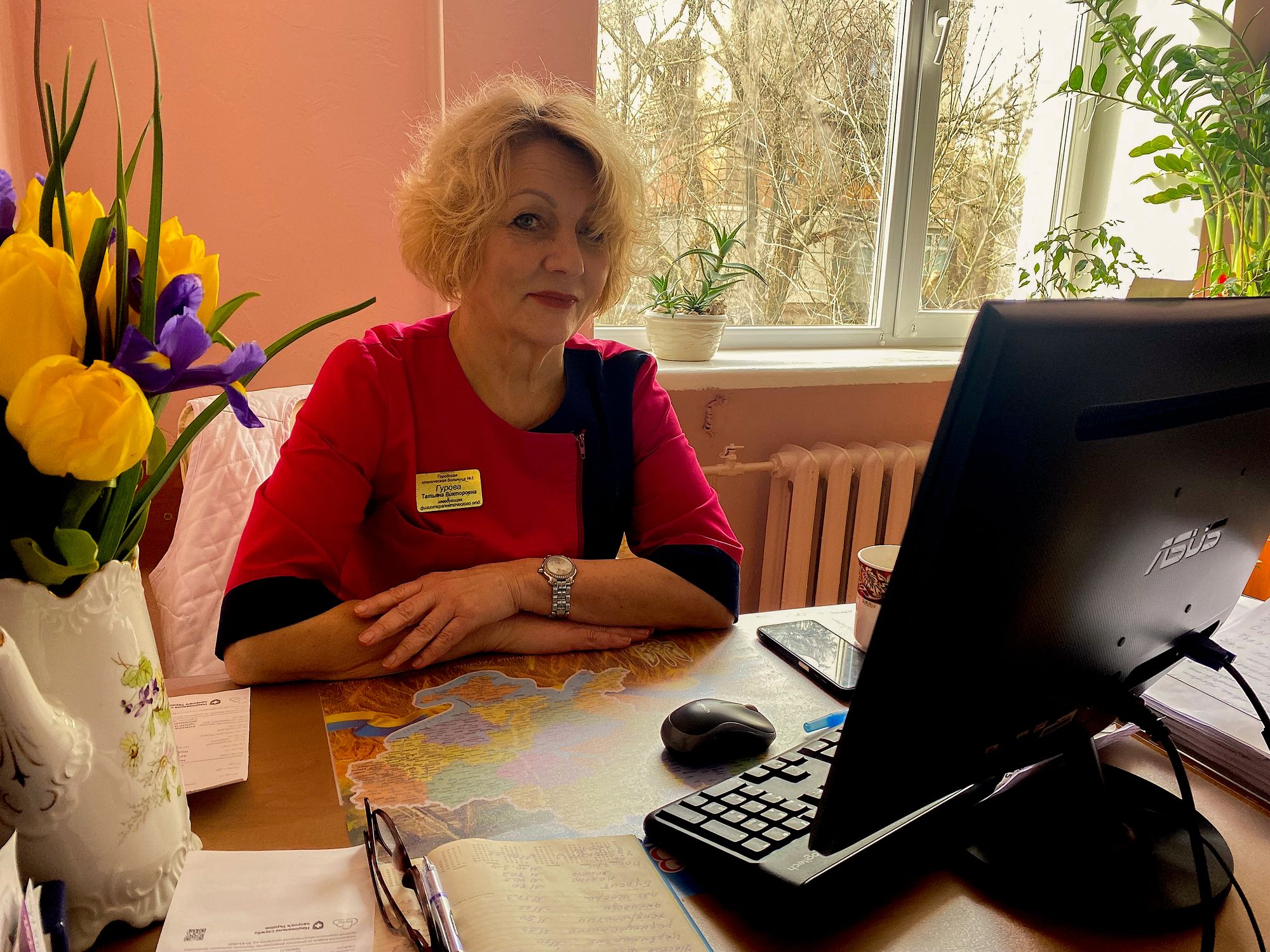
She reigns over a team of 18 people in charge of 70-80 wounded soldiers on average per month in the hospital, where medical equipment is scarce and dates back to the 1980s.
The individual approach is key to successful therapy, she said. "Not everyone can open up," she said when talking about the soldiers who have just returned from the front line.
"It's important for the atmosphere to be pleasant (for them to) get back in good shape, not only physically but mentally," Hurova added.
Some wounded soldiers only need basic care and company, others need more serious treatment, she said.
Starting in 2014, when Russia initially invaded Ukraine, the hospital had much fewer patients, while their injuries were less diverse. But the onset of the full-scale invasion in February 2022 has put a serious strain on Hurova’s work.
"We have many more people now, with severe artillery wounds and shrapnels," she said, adding that rehabilitation saved some of them from an amputation thanks to exercise and laser therapy.
Many of those who now end up in the hospital are younger people with deep wounds and traumas, Hurova said.
One thing they have in common is a heavily injured spine due to bulletproof vests weighing between nine to fifteen kilos. The life-saving gear compresses the vertebrae and can lead to life-long back pain.
"It doesn't matter if you're 20 or 50, your spine's gonna be destroyed," Hurova said.
The hospital provides a wide range of care, from laser therapy to alleviate the pain to massage and magnet therapy, including physical therapy and psychological support, "for those who want it," she said.
The institution has 14 rooms filled with up to 10 beds each, separated by curtains, from which one can see the protruding legs in military boots and camo pixels of the soldiers undergoing treatment.
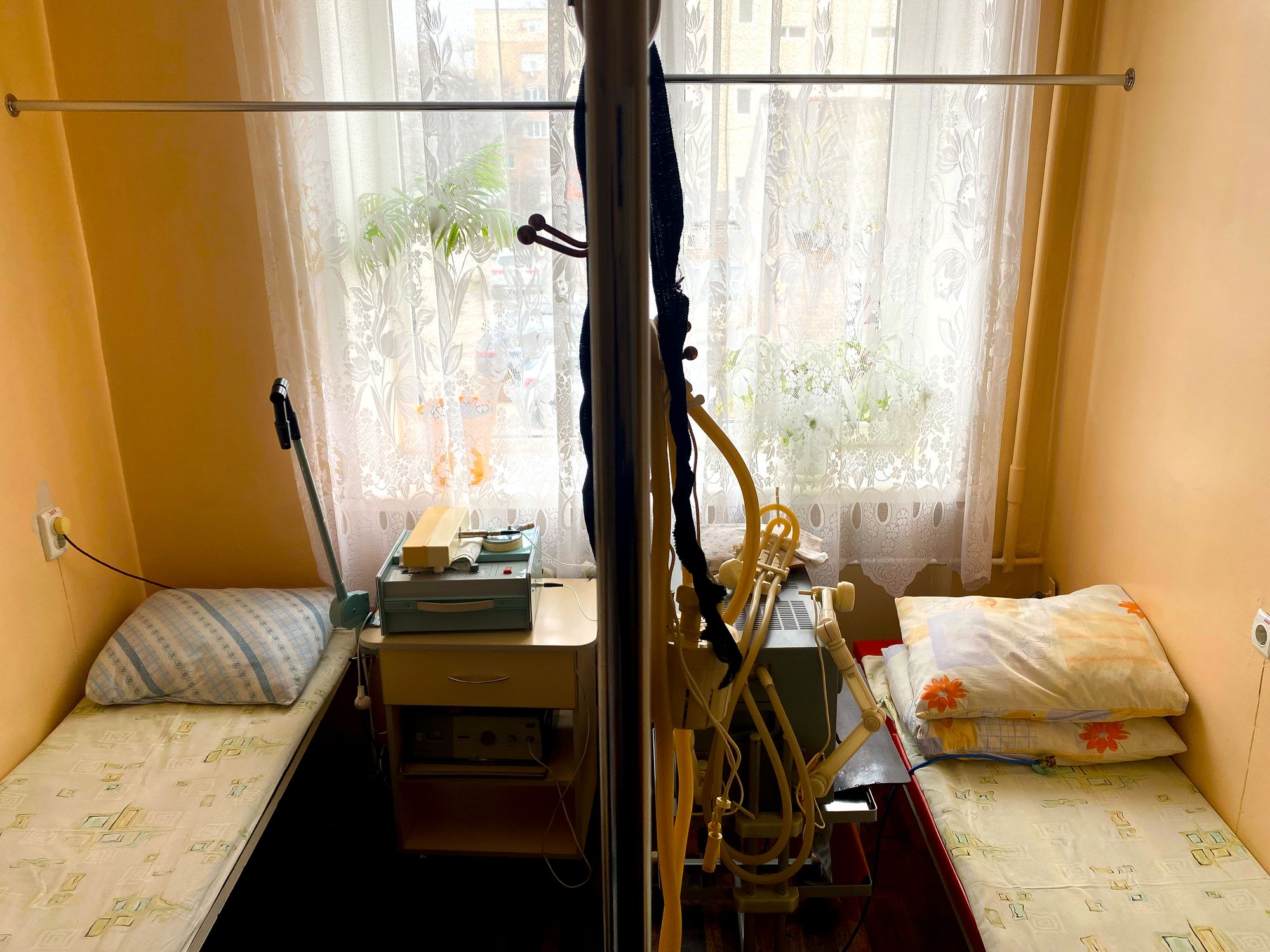
The constant beeping of the laser and magnet therapy apparatus to release their pain can be heard in the room.
Some of the worn-out contraptions date back to Soviet-era Ukraine, and the hospital needs better technology, Hurova said.
"We're not desperate, but upgrading and expanding our equipment would be nice," she said.
"For example, we need a special kind of camera, but it costs Hr 1 million ($27,000), which is a lot of money for us, and we can't afford it right now."
The team makes up for its aging equipment with its dedication to patients.
There are rooms in the basement to keep treatment going during air raids and the Russian strikes that regularly hit Zaporizhzhia, only 50 kilometers from Russian-occupied territories.
The medical staff, at this point used to these emergencies, has learned to bring the patients underground in an orderly manner.
Down in the basement, a soldier was receiving treatment for hearing problems, a recurrent issue linked to constant blasts on the front line.
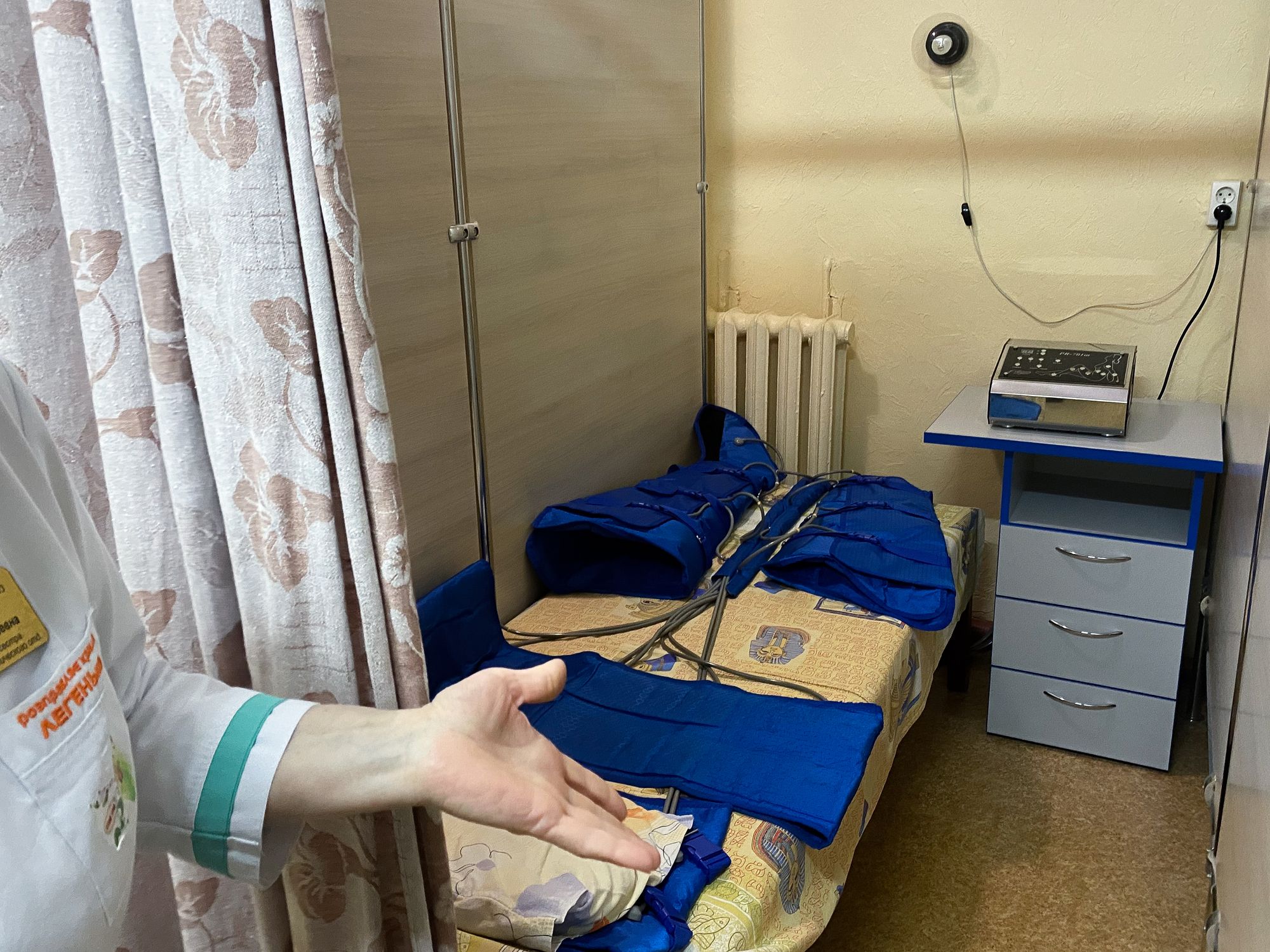
Another one, Sergei, 43, was lying on his back, staring at the ceiling while receiving magnetic therapy. "It's a very effective treatment," he said.
Shrapnel had lodged between his back and his bulletproof vest a few months prior while fighting near Huliaipole, he told the Kyiv Independent. He said was eager to return and fight.
Many soldiers go back to fight immediately after their rehabilitation, Hurova said. Seven of Demko's wounded comrades immediately returned to the front after rehabilitation.
"We have guys here for a second trauma," she said. "They're on rotation, and we don't have the means to follow them after the rehabilitation."
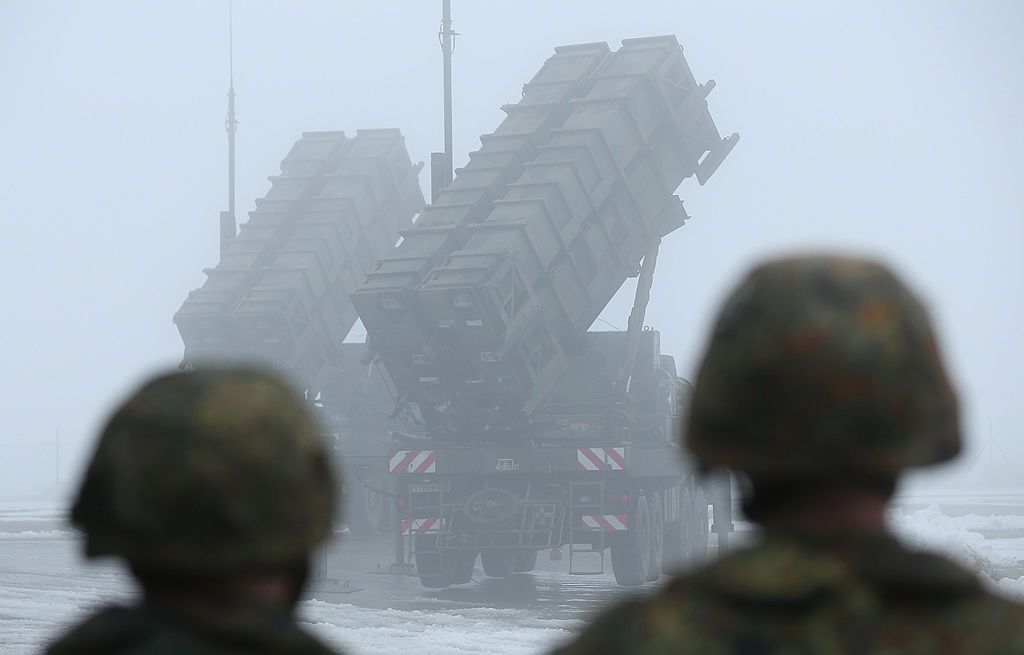
'Men don't cry'
Oleksandr Blahut, a 23-year-old "wounded soldier and a happy man," as he describes himself, has been under treatment for eight months.
Unlike others, he won't return to the front line. His leg needs more time to recover, and he's tired of the war.
"I don't want to go back there, not that it's scary, but I think I served my part," he said. "I want to dedicate my life to my family," he said.
He was wounded in May near Orikhiv, a front-line city 60 kilometers south of Zaporizhzhia, constantly shelled by Russian artillery.
Blahut was injured by an artillery shell. His first thought was for his wife, he told the Kyiv Independent.

"My wife had sent me a message to ask me if I was okay, I decided to answer later, the shell hit me, and I thought I didn't even have the time to answer," he said.
Blahut admitted the rehabilitation was sometimes "morally difficult."
"But then I looked at people with no legs and arms, and I realized (my injury is) not serious," he said.
He may need three more months of therapy to walk again. In the meantime, like Demko, he finds respite in his family life rather than psychological support.
"My family is enough," Demko said. Blahut has a similar response.
"The most difficult thing is that you always want to have the same physical strength as before: you want to walk, but you can't, you want to run with your kid, but you can't — it's morally difficult," said Demko.

Soldiers tend to downplay their mental trauma, Valerii Bulanov, a psychologist based in Zaporizhzhia, who helps soldiers and refugees recover, told the Kyiv Independent.
Getting soldiers to admit they need help is extremely difficult in Ukrainian society, where there is the expectation that men project strength and where the legacy of the Soviet Union has led to taboos about psychological help.
During the Soviet era, dissidents were often imprisoned under the pretext of having psychological problems.
"The situation has changed slightly since the USSR, but not drastically," Bulanov said.
Soldiers who escape death mostly struggle with post-traumatic stress disorder (PTSD) and survivor's guilt, especially after seeing their comrades killed, he said.
"They ask themselves, why am I alive if everyone around me is dead? How will I tell their mother?"
Traumatized soldiers tend to relive their experience when in distress, they don't sleep well because they have nightmares and are constantly on the verge of breakdown, which society doesn't always understand.
Some soldiers drink and smoke too much, a symptom of self-destructive behavior. Some want to go to the hottest spots on the front line, says Bulanov.
"I consider it suicidal," Bulanov said. "They're in an emotional vacuum, many of them are told to rotate (from the front line), but they don't want to."
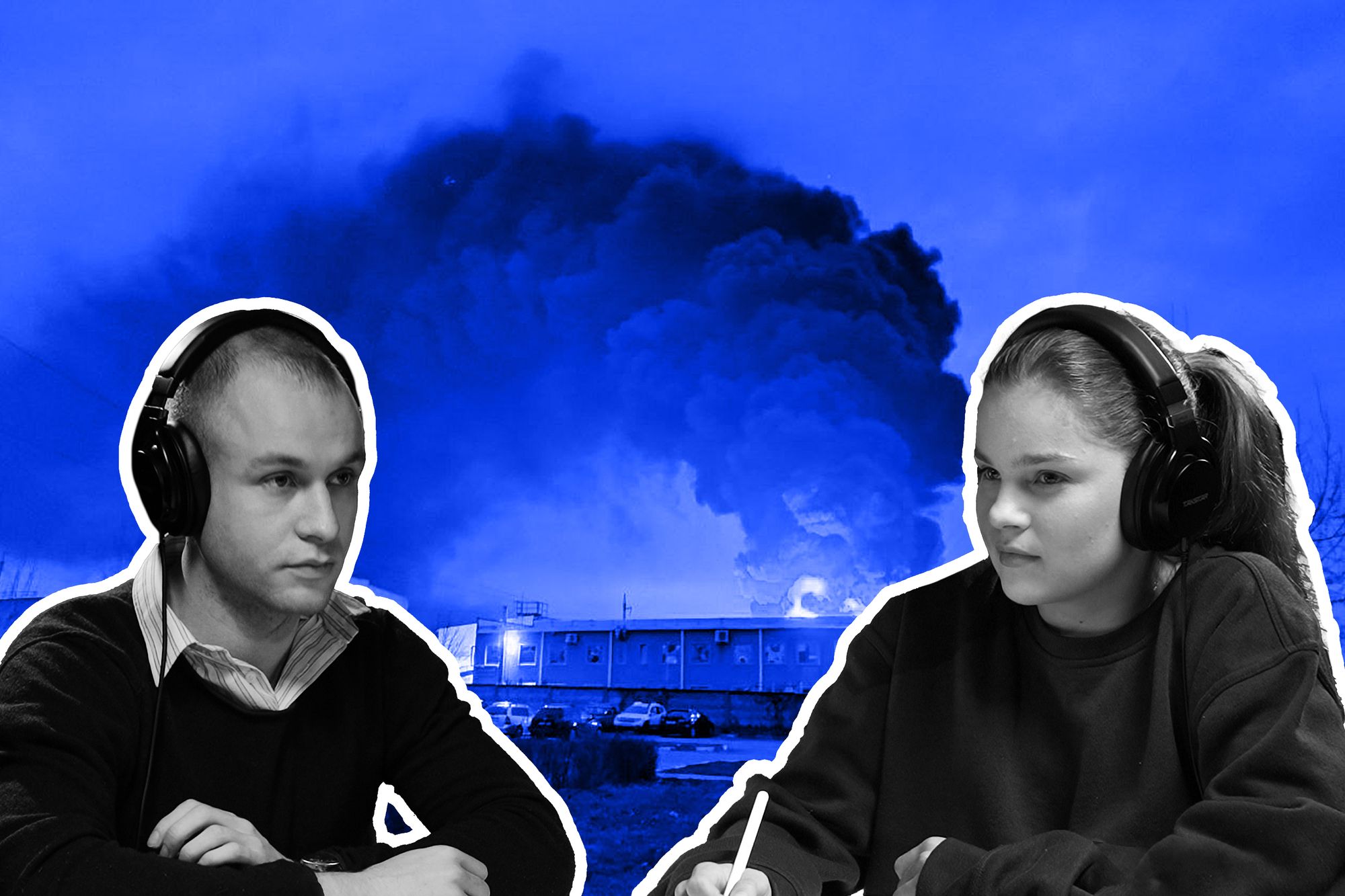
Soldiers who constantly fight without respite may have worse conditions when returning. Now is the time to treat such issues to avoid a large-scale social ticking time bomb, he said.
The government needs to create proper infrastructure to take care of the psychological state of its veterans.
"The tendency is not that good, and the state needs to look into it," Bulanov said, citing the example of Israel, which has military psychologists dedicated to this task.
"We need more military therapists to build trust with soldiers," he said, advocating for having soldiers working with each other to talk about their experience "because only they can understand."
The only way to deal with such trauma is for soldiers to have a safe structure to let go of their emotions, he said.
"(They say) heroes don't cry," Bulanov said. "But they need to be able to cry to heal."
Note from the author:
Hello, this is Alexander Query, thank you for reading this story.
I’m incredibly lucky to have been working with the Kyiv Independent team since day one and before, a team that’s working 24/7 to bring you the latest news and in-depth articles to understand the situation in Ukraine and the region.
These are troubled times, but we keep hope, and we will prevail, thanks to our readers. Let us be your eyes and ears on the ground by becoming our patron on Patreon.
